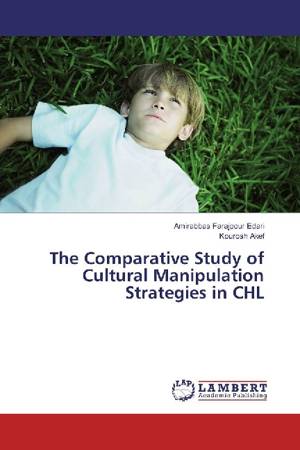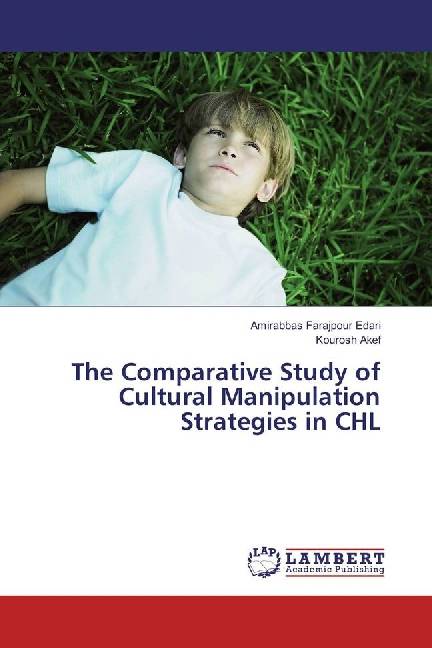
- Afhalen na 1 uur in een winkel met voorraad
- Gratis thuislevering in België vanaf € 30
- Ruim aanbod met 7 miljoen producten
- Afhalen na 1 uur in een winkel met voorraad
- Gratis thuislevering in België vanaf € 30
- Ruim aanbod met 7 miljoen producten
Zoeken
The Comparative Study of Cultural Manipulation Strategies in CHL
Amirabbas Farajpour Edari, Kourosh Akef
Paperback | Engels
€ 49,45
+ 98 punten
Omschrijving
This corpus - based study aims at exploring the strategies with Persian translators of children's literature that have adopted in dealing with culture specific items. In addition, this study scrutinizes the effect of dominant ideological, cultural and social factors which have led to applying specific strategies in transferring cultural items from one language to another. The parts being analyzed were extracted from a book entitled to Wonder which is written in 2012 by R. J. Palacio and its two Persian translators by Alipour, published by Nashre ofogh (2013), and Behbahani published by peydayesh institution (2014). The main attention here was paid on the problems which occur in the process of translating of culture items categorized by Gote Klingberg and Zohar Shavit frameworks. The result revealed that there are strategies which translator can use to purify and sanitize the text that some of which are not accepted in terms of moral value, ethical principles, belief and ideology in the target reader culture (i.e. Persian children).
Specificaties
Betrokkenen
- Auteur(s):
- Uitgeverij:
Inhoud
- Aantal bladzijden:
- 108
- Taal:
- Engels
Eigenschappen
- Productcode (EAN):
- 9783330047471
- Uitvoering:
- Paperback
- Afmetingen:
- 150 mm x 220 mm

Alleen bij Standaard Boekhandel
+ 98 punten op je klantenkaart van Standaard Boekhandel
Beoordelingen
We publiceren alleen reviews die voldoen aan de voorwaarden voor reviews. Bekijk onze voorwaarden voor reviews.











